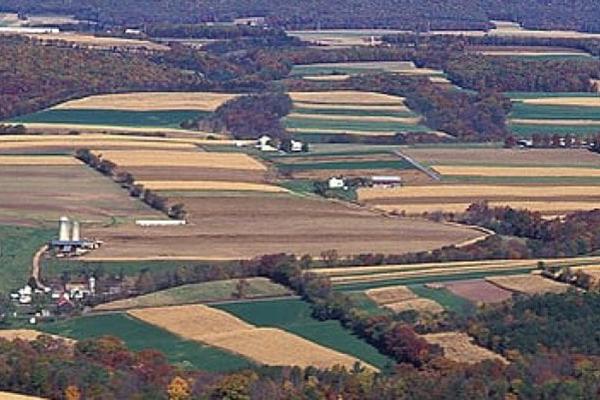June 4, 2021
Understanding Climate Adaptation in the Eastern Corn Belt

An interdisciplinary team, led by Dr. Robyn Wilson, including Byrd Center members Jason Cervenec, Dr. Bryan Mark, and Dr. Aaron Wilson, seeks to understand how farmers can adapt to changing climate conditions.
